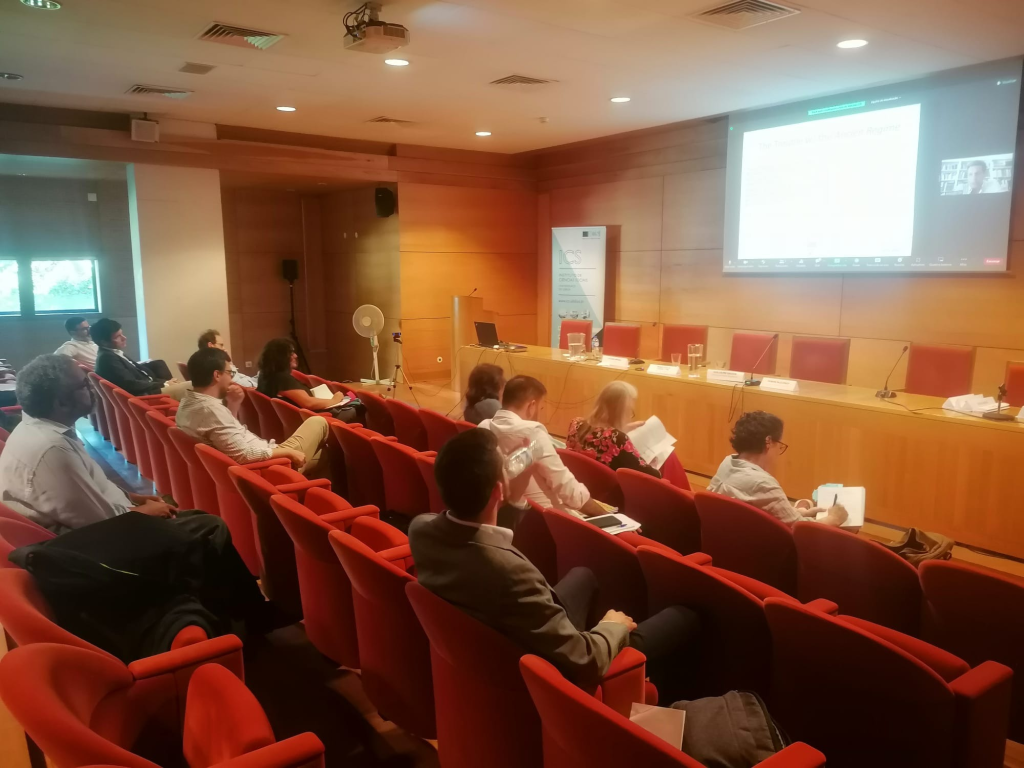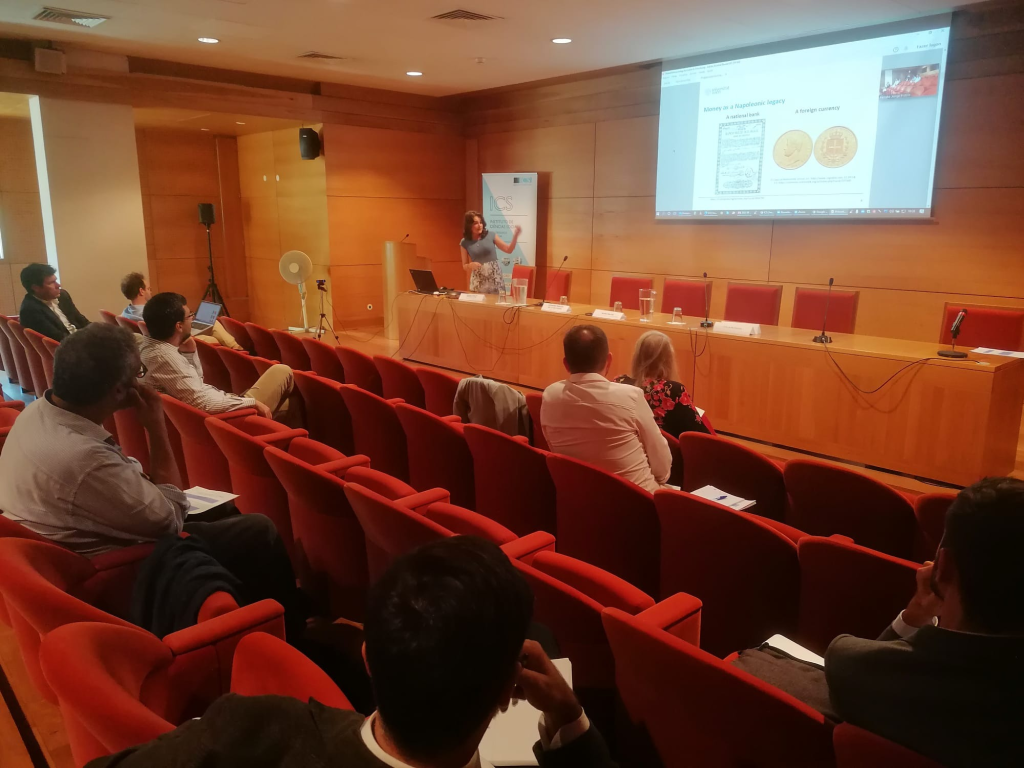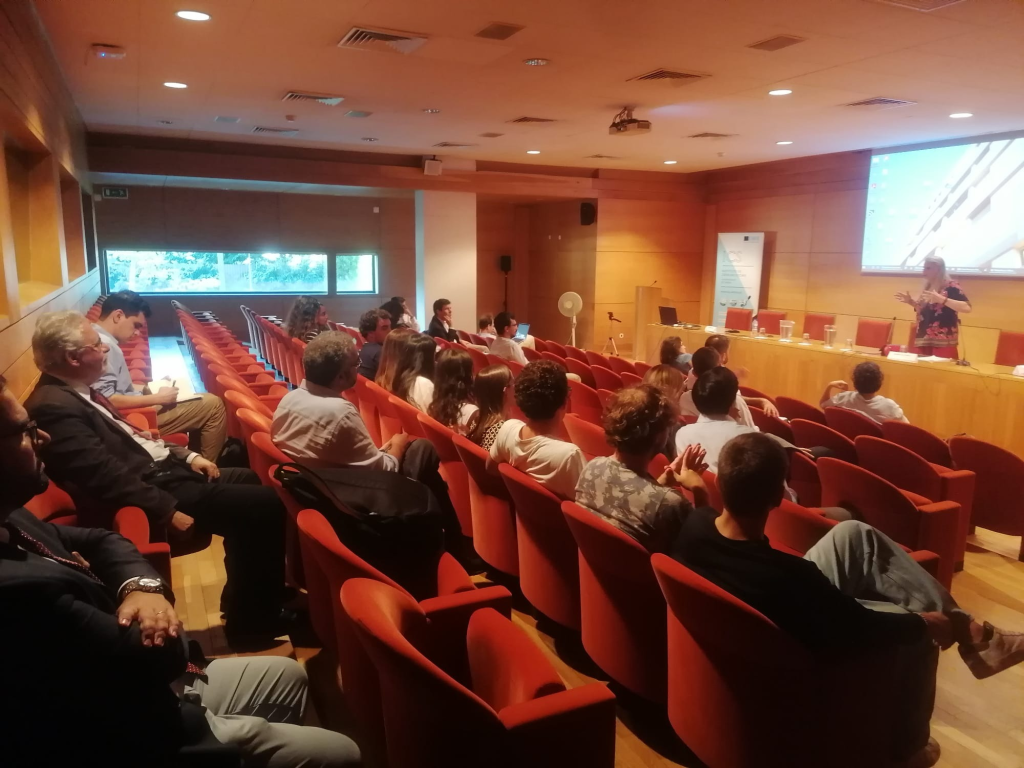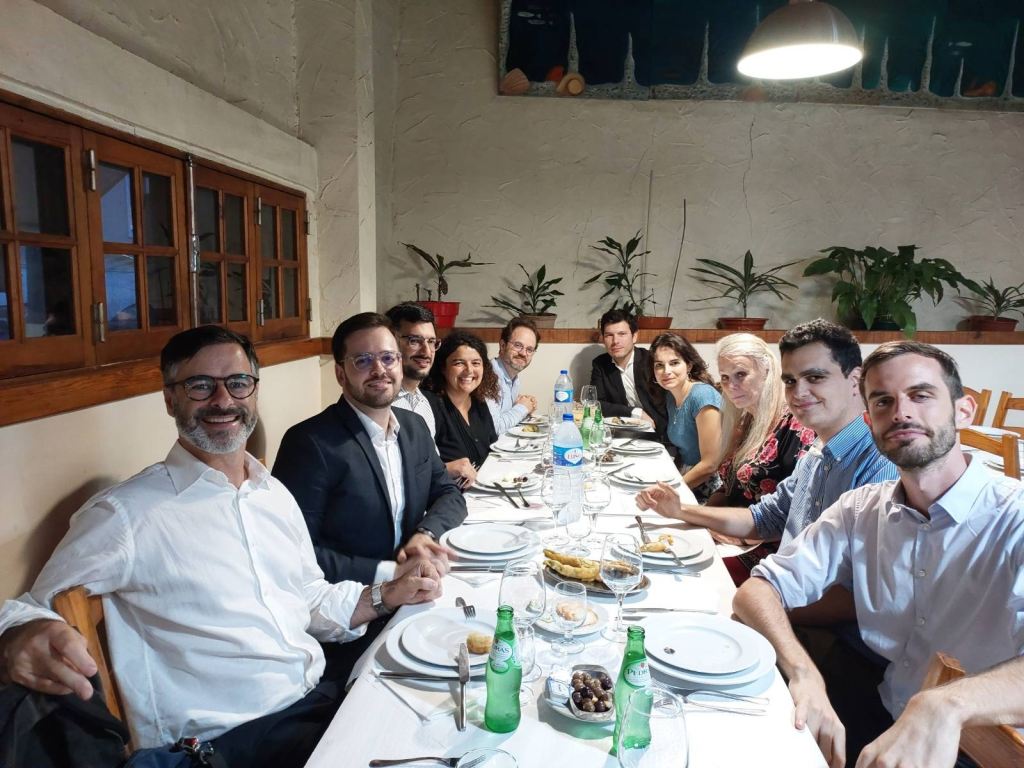The explanatory power to explain the historical Western European Litte Divergence, that is.
The paper:
by Jaime Reis, Lisbeth Rodrigues and mysef, is now forthcoming at Explorations in Economic History. We show that women’s relative social and economic position was no worse in Portugal than in Northwestern European countries, hence the cause of Portugal’s development failure lies elsewhere. I’ve previously discussed this paper here and here, and we wrote this voxeu column about it as well.
The Little Divergence was the economic and political divergence that characterized the relative decline of southern Europe, which was clear by 1800. Spain and Portugal, previously some of the Europe’s richest regions, were in clear decline for a while, and at the same time Northwestern Europe was was growing and would industrialize fast in the first half of the nineteenth century.
Jan Luiten van Zanden and co-authors have for years argued that there was an “horizontal Hajnal line”: the south of Europe, they argue, had social norms at the family level which did not lead to a strong European Marriage Pattern like Northwestern Europe did, where it encouraged human capital accumulation and having other benefits. This is known as the Girl Power hypothesis, after a well-known 2010 EHR paper by Tine de Moor and van Zanden. Him and co-authors have continued to argue along these lines in recent years, including in a major book. In a recent article, called “Two Worlds of Female Labor”, Sandra de Pleijt and Jan Luiten van Zanden argued that “In the south of Europe women earned about 50 per cent of the wage of unskilled male labourers, a ratio that seems to have been fixed by custom”, while this ratio was higher in Northern Europe.
But in fact it wasn’t. Tracy Dennison and Sheilagh Ogilvie in 2014 ahd already pointed out that the regions of Europe where the EMP measured by age of marriage was strongest did not in fact growh more, and Drelichman and Agudo in a recent paper about Toldeo (Spain) showed that gender wage gaps there in fact were comparable to those of northwestern Europe. Our evidence for Portugal confirms this as well.
Sorry, Jan Luiten & co-authors, but the Dutch were not culturally special, as you think. They were just western europeans like all the others. This is of course not to deny that the EMP and relative equality of women – as compared with other parts of the world – in Europe was not an advantage: it must have been. But this must be endogenous to other factors, and cannot explain first-order differences in economic sucess within Western Europe: The Little Divergence. In Western Europe, the main way women were discriminated against concerned the range of professions that they were allowed to take. The same situation also occurred in Northwestern Europe, including the North Sea area, and there is no evidence that it did so to a lower degree than elsewhere in Western Europe.
If family-level cultural factors or social norms do not explain the Little Divergence, then something else needs to. As readers of this blog may know, to me the true explanation resides in political institutions, which worsened in Spain and Portugal over the early modern period (at different times), but in both cases due to a resource curse problem.

Gender wage gaps for unskilled workers (f/m), 1271-1900:
































